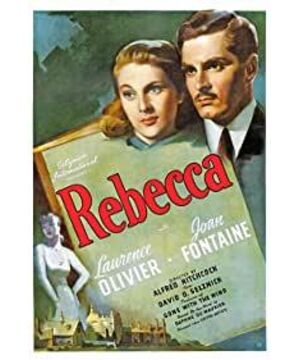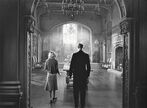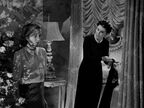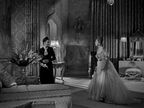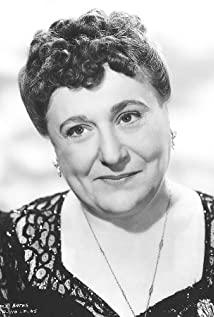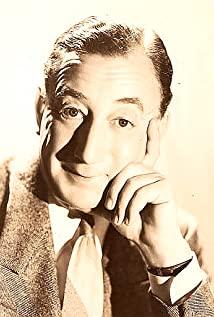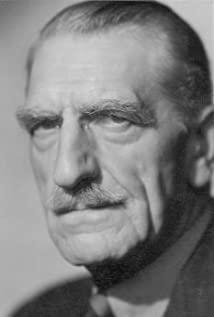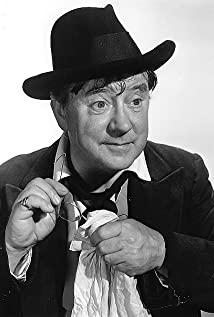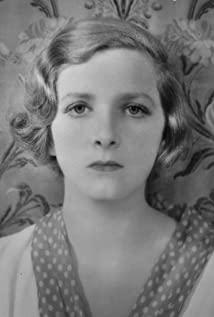At the beginning of the long shot into Mandrill, the camera can be Rebecca's ghost, or it can be the subjective perspective of the heroine's dream; What is certain is that the two are united in this surreal scene. Is it the heroine who told Rebecca's point of view to tell her fantasy story or is it real, I prefer the former, after all, it is not an open shot at the end but a hint given at the beginning. So to regard the strange movement of the camera in the mansion as Rebecca's ghost, it is better to say that it is evidence of the heroine's out-of-body soul. And she did not appear by name, and Rebecca did not appear in the flesh, which also strengthened this uncertainty. It certainly won't be just a narrative labyrinth game, at least Derwent's recollection narrative is determinable, the way the illustrative shots move and Mr Baker's validation. Rebecca/the heroine conveys the exact and common anxiety of the deepest boudoir after stepping into a wealthy family. Obviously, it overshadows the love itself. Like Derwent's maintenance of the family's reputation at the beginning, it is a system of people. The sense of horror produced by domination and human alienation, Hitchcock's more and more intense modeling tendencies in this film are well combined with it. It's just that he's not very good at writing love, so he has to add too much moral insurance to the two of them, and over-purifies the core of the relationship.
View more about Rebecca reviews


